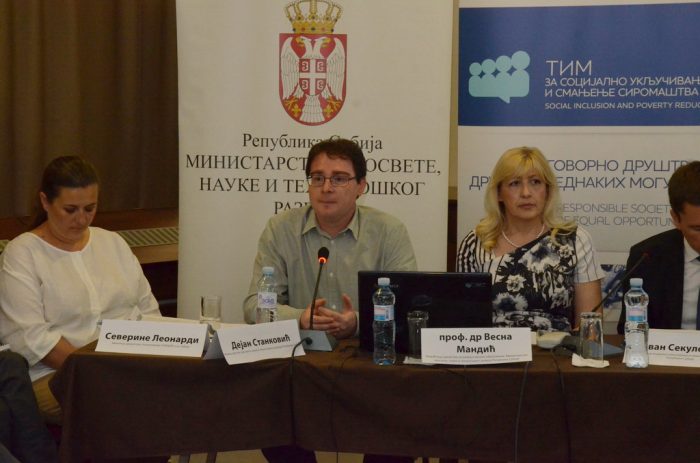 A conference on “Evidence-Based and Research-Based Education Policy Making” was held on Tuesday, 13 June at the Hotel Park in Belgrade. The conference was jointly organised by the Development and Higher Education Sector of the Ministry of Education, Science and Technological Development and the Social Inclusion and Poverty Reduction Unit of the Government of the Republic of Serbia, as one of the activities under the Programme for Creating Evidence-Based and Research-Based Educational Policy.
A conference on “Evidence-Based and Research-Based Education Policy Making” was held on Tuesday, 13 June at the Hotel Park in Belgrade. The conference was jointly organised by the Development and Higher Education Sector of the Ministry of Education, Science and Technological Development and the Social Inclusion and Poverty Reduction Unit of the Government of the Republic of Serbia, as one of the activities under the Programme for Creating Evidence-Based and Research-Based Educational Policy.
The conference was opened by Assistant Minister for Development and Higher Education Prof. Vesna Mandić PhD, stressing the importance of cooperation between policymakers and the scientific community. She gave a presentation of the Ministry’s current efforts towards developing an information system and building analytical capacities, as well as the plans for future activities in the process of collecting and using information relevant for a better understanding of the state of affairs in the field of education and the establishing of a database with data from the fields of education and science. The Assistant Minister announced that the collection of individual information about pupils and students would start after the passage of the new Law on the Foundations of the Education System and the Law on Higher Education, which would raise the quality of system monitoring.
Ms Severine Leonardi, UNICEF Deputy Representative in Serbia, also addressed the conference participants and said that every child had the right to education and that education was not a luxury, but an essential need, stressing that access to education must not be limited. UNICEF had always supported the Ministry in producing and monitoring data on education, in particular by establishing an analytical unit with financial support of the Swiss Agency for Development and Cooperation. Ms Leonardi said that the data collected by the Ministry would enable better understanding of the scale of the problem of children’s education, especially of children from vulnerable groups.
The Manager of the Social Inclusion and Poverty Reduction Unit of the Serbian Government Mr Ivan Sekulović also spoke in the introductory part of the conference, underlining the significance of the Programme, the objectives of which were aligned with the future needs of our education system and the society overall, as well as with the Government’s key strategic goal – accession to the European Union. The data collected by the Ministry will surely be included in the Third National Report on Social Inclusion and Poverty Reduction, as well as in other programmes – the open method of coordination, the Economic Reform Programme and the Employment and Social Reform Programme.
The following research papers in the field of education were presented at the conference:
- Analysis of the Labour Market Supply and Demand of Youth with Secondary Education Qualifications in the Period 2011–2015, by Lazar Živković
- Characteristics of Teaching Staff in the Educational System of Serbia: Analysis of Teachers’ Wages, Gender Representation and Age by Educational Levels, by Nemanja Vuksanović
- Education Workers – Analysis of teaching staff’s qualification levels, wages, age and gender representation by positions in primary and secondary education, by Tatjana Skočajić
- Analysis of Composite Classes; Challenges of the Transition from Composite Classes in Satellite Schools to 5th Grade Classes in the Central School, by Bojana Djurdjević, Andjelka Janić, Marko Kovačević
- Improvement of the Quality of Inclusive Education Based on Open Data, by Olja Jovanović, Ljiljana Plazinić, Slaven Bogdanović, Ana Vušurović Lazarević.
The conference participants were relevant representatives of institutions, institutes and organisations, who were encouraged to give their suggestions for improvement of the Programme in its three key components:
- Improvement of the cooperation between decision makers and the scientific research community;
- Increasing research capacities in the field of education;
- Strengthening education workers’ capacities for collection, analysis and interpretation of data relevant to making important decisions in education policy making.
Dragana Malidžan Vinkić, Education Coordinator at SIPRU, gave a presentation of the Programme for Creating Evidence-Based and Research-Based Education Policy and announced the Ministry’s and SIPRU’s future plans for its implementation, which include the training of the Ministry staff and the new competition for young researchers at the beginning of their careers, which will be launched in July.
The conference participants’ recommendations for improvement of the Programme can be found HERE; for the summaries of research papers follow THIS LINK.
 Government of the Republic of Serbia
Government of the Republic of Serbia



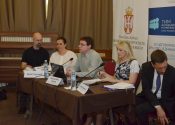
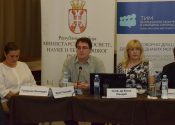
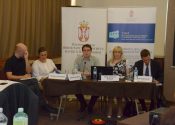
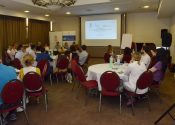
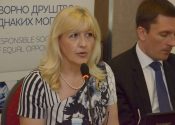
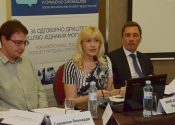

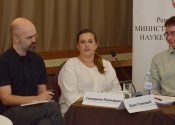
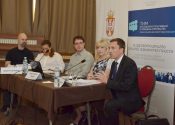
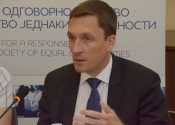
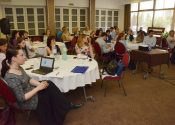

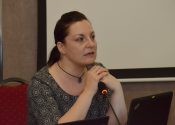
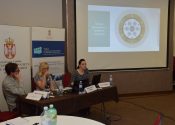
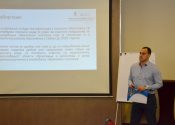
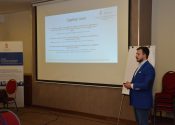

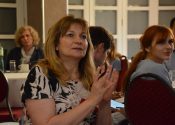
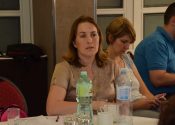
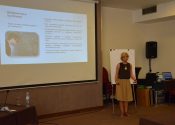
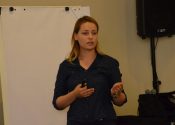
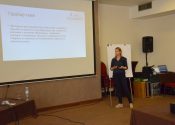
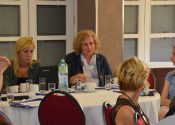
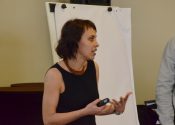
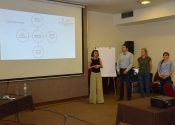
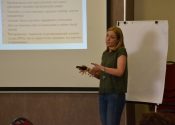
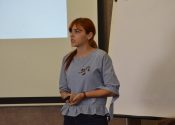
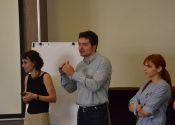
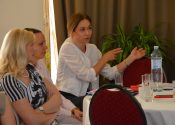

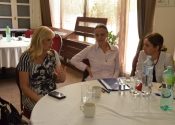













 pdf [271 KB]
pdf [271 KB]
Leave a Comment